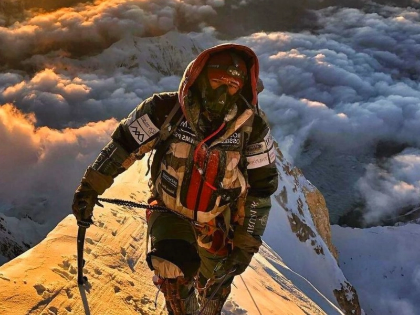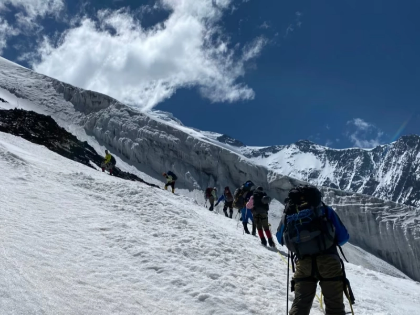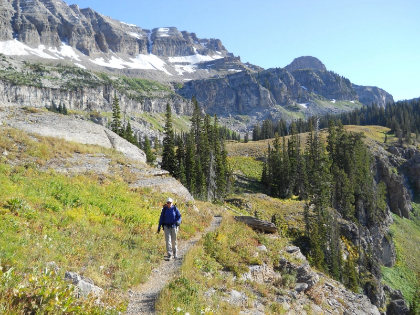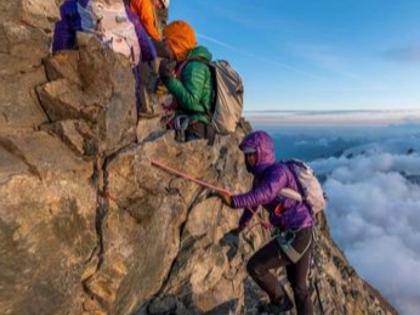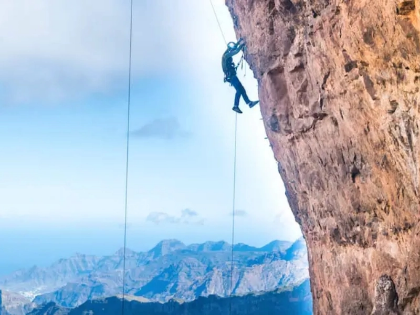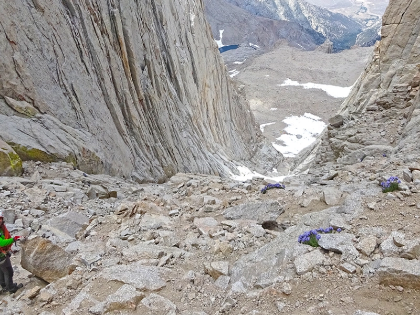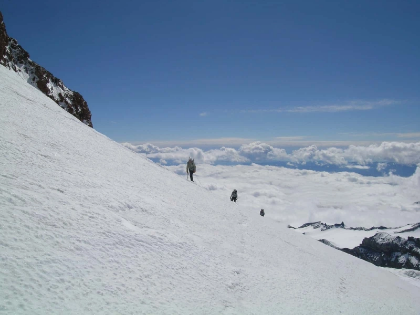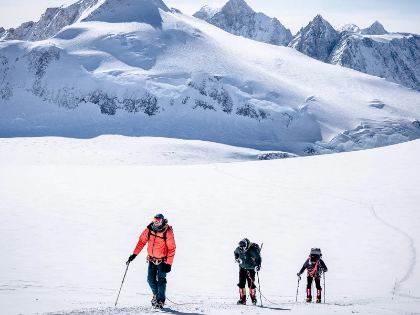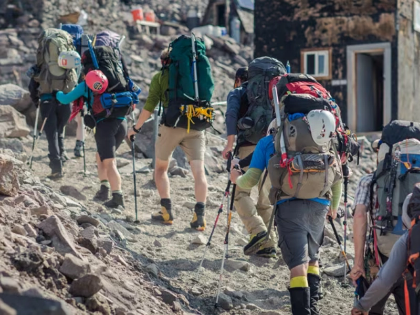Mountaineering and the Brain
A lot of preparation is needed for the physically taxing activity of mountaineering. It is crucial to hone your abilities on nearby peaks in order to gain the necessary expertise and muscular endurance. Nine elite climbers had their brains examined by Italian researchers both before and after they embarked on an oxygen-starved, high-altitude adventure. In the part of the climbers' brains responsible for motor function, they discovered a small loss of gray and white matter.
1. Elevated Chance of Altitude Illness
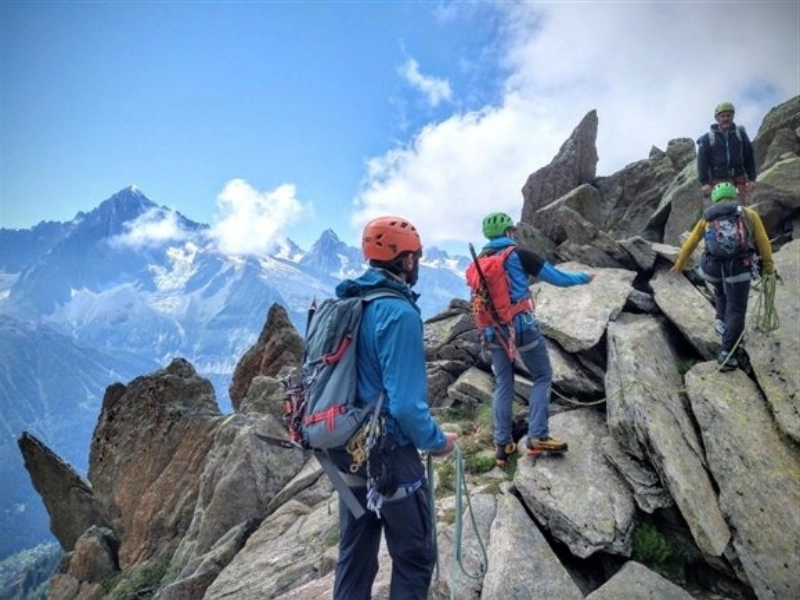
2. An elevated risk of brain trauma
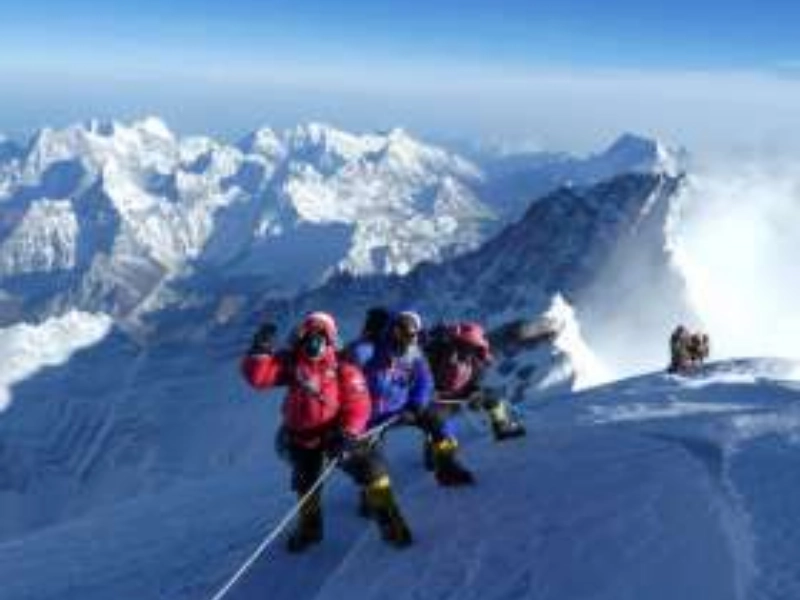 Although most mountain climbers are in good health, there is a chance of brain damage for individuals who reach very high elevations. A study that used MRIs on 35 climbers (12 pros and 23 amateurs) found that high-altitude cerebral edema can cause long-term brain damage.
Blood capillaries bleed at high altitudes due to oxygen deprivation. Dangerous swelling may result from this, pressing on the stiff skull and compressing the brain. A stroke may result from the swelling-induced bleeding in the brain.
HACE sufferers may have vision loss, poor balance, melancholy, hallucinations, and personality changes. If the illness is not treated right away, it may be fatal. Climbers who ascend mountains face not only a higher risk of traumatic brain injury but also a higher chance of hypotension upon admission to the hospital.
Although most mountain climbers are in good health, there is a chance of brain damage for individuals who reach very high elevations. A study that used MRIs on 35 climbers (12 pros and 23 amateurs) found that high-altitude cerebral edema can cause long-term brain damage.
Blood capillaries bleed at high altitudes due to oxygen deprivation. Dangerous swelling may result from this, pressing on the stiff skull and compressing the brain. A stroke may result from the swelling-induced bleeding in the brain.
HACE sufferers may have vision loss, poor balance, melancholy, hallucinations, and personality changes. If the illness is not treated right away, it may be fatal. Climbers who ascend mountains face not only a higher risk of traumatic brain injury but also a higher chance of hypotension upon admission to the hospital.
3. Elevated Chance of Stroke
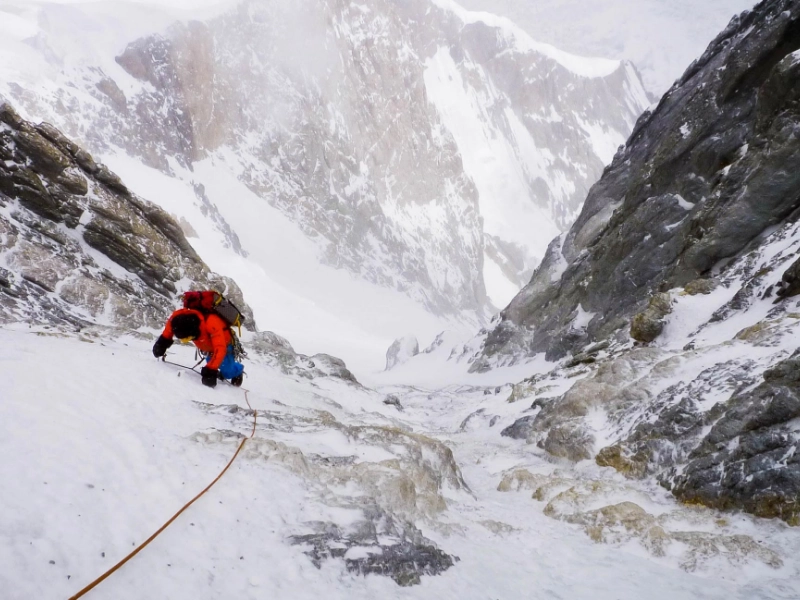 While mountain climbing can be an enjoyable and thrilling activity, there are risks involved. Long-term exposure to high elevations without adequate acclimatization might cause irreversible brain damage in some people. Lack of oxygen is the cause of this. A stroke is among this condition's most typical symptoms.
Researchers examined climbers' brain scans both before and after their high-altitude excursions. The outcomes were then contrasted with those of 19 healthy controls who were matched for age and sex. The results of the study showed that in several parts of the brain, mountaineers had less gray and white matter.
Eight climbers who completed Aconcagua expeditions had cortical atrophy in their brains, and two climbers who attempted to summit Mont Blanc had increased blood vessels surrounding their brains. Scientists think that oxygen deprivation damages the blood-brain barrier, leading to alterations in the brain. Even when the climbers spend several months at lower levels, they cannot be reversed.
While mountain climbing can be an enjoyable and thrilling activity, there are risks involved. Long-term exposure to high elevations without adequate acclimatization might cause irreversible brain damage in some people. Lack of oxygen is the cause of this. A stroke is among this condition's most typical symptoms.
Researchers examined climbers' brain scans both before and after their high-altitude excursions. The outcomes were then contrasted with those of 19 healthy controls who were matched for age and sex. The results of the study showed that in several parts of the brain, mountaineers had less gray and white matter.
Eight climbers who completed Aconcagua expeditions had cortical atrophy in their brains, and two climbers who attempted to summit Mont Blanc had increased blood vessels surrounding their brains. Scientists think that oxygen deprivation damages the blood-brain barrier, leading to alterations in the brain. Even when the climbers spend several months at lower levels, they cannot be reversed.
4. Elevated Cancer Risk
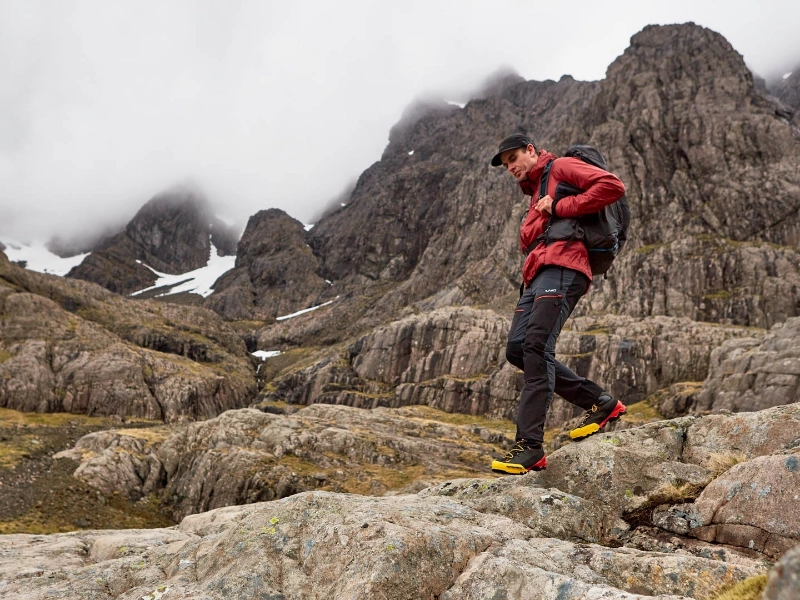 Mountaineering is the pursuit of reaching the summit of a mountain with the aid of ropes, crampons, and ice axes, among other climbing equipment. There are serious health hazards associated with the practice, which can be very dangerous. Climbers, for instance, may be subjected to low oxygen concentrations, which may result in high-altitude cerebral edema (HAPE) and altitude sickness. In addition, heart disease and lung issues are among the risks that mountaineers face.
It has been demonstrated that mountaineering has beneficial impacts on the brain and mental health despite these hazards. According to one study, people who have a behavioral addiction to mountaineering have higher levels of emotion management and sensation-seeking than people who do not have a behavioral addiction to physical activity. This is believed to be because mountaineering requires a high degree of agency and risk-taking.
Mountaineering is the pursuit of reaching the summit of a mountain with the aid of ropes, crampons, and ice axes, among other climbing equipment. There are serious health hazards associated with the practice, which can be very dangerous. Climbers, for instance, may be subjected to low oxygen concentrations, which may result in high-altitude cerebral edema (HAPE) and altitude sickness. In addition, heart disease and lung issues are among the risks that mountaineers face.
It has been demonstrated that mountaineering has beneficial impacts on the brain and mental health despite these hazards. According to one study, people who have a behavioral addiction to mountaineering have higher levels of emotion management and sensation-seeking than people who do not have a behavioral addiction to physical activity. This is believed to be because mountaineering requires a high degree of agency and risk-taking.
